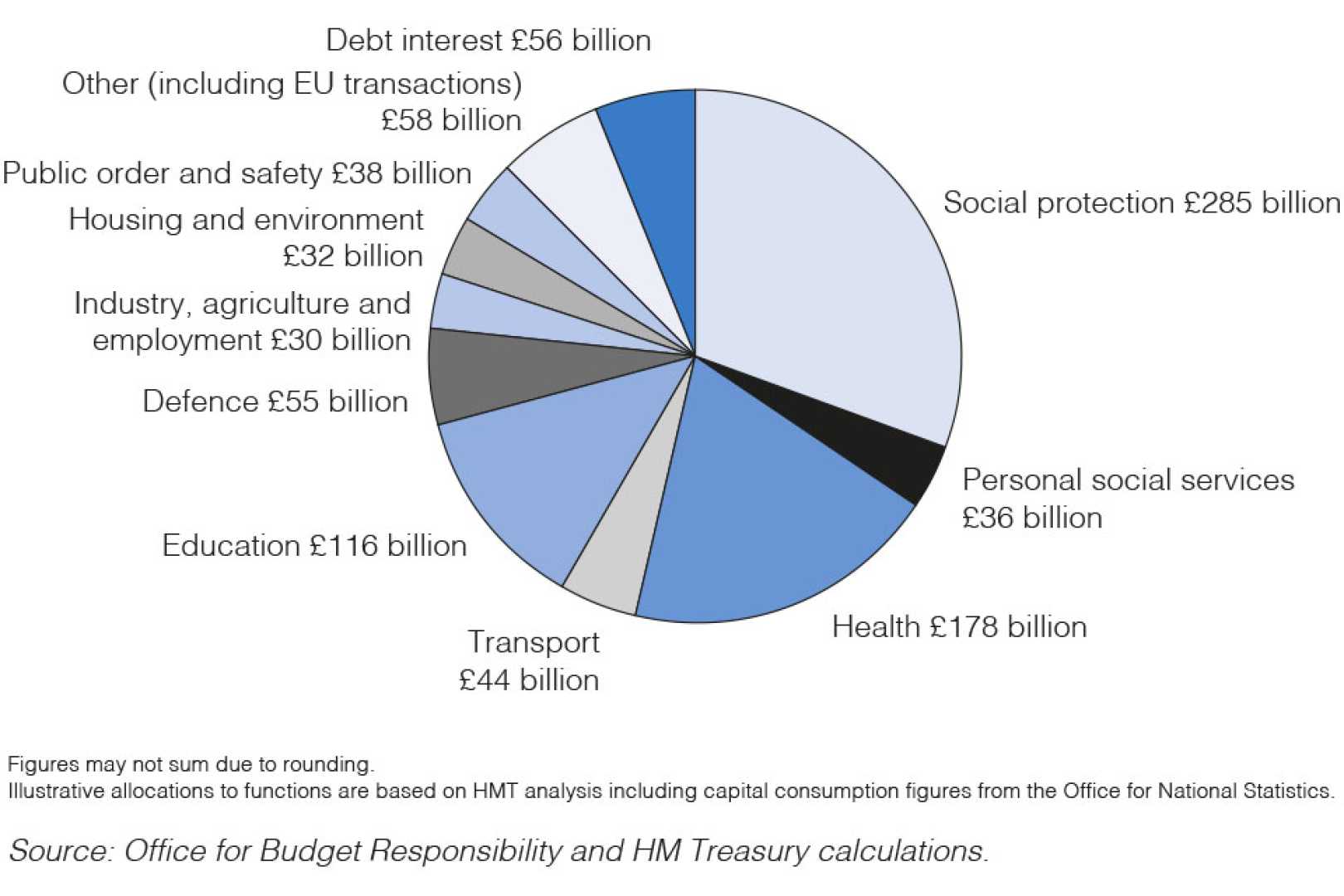Politics
UK Government Faces Internal Divisions Over Upcoming Budget Proposals

The UK government is experiencing internal tensions as it grapples with budgetary decisions that have sparked divisions among cabinet members. Reports have surfaced indicating disagreements over the extent of spending cuts proposed by the Chancellor ahead of the budget announcement scheduled for October 30th, 2024.
Number 10 has acknowledged these challenges, with a spokesperson stating that government departments “will not be able to do everything they want” and must make difficult decisions. The chancellor aims to identify £40 billion in tax rises and spending cuts to address fiscal shortfalls.
Confirming the delay in submitting parts of the budget to the Office for Budget Responsibility (OBR) for review, it was noted that discussions regarding the so-called “spending envelope”—the government’s budget plan for the next three years—were disrupted by cabinet disagreements. Despite this, the Prime Minister’s office assured that the budget has now been sent to the watchdog for examination.
If implemented, the proposed budget could introduce several significant tax changes. Among these is the potential hike in employer national insurance contributions—a move criticized by business communities but highlighted by the Institute for Fiscal Studies as a possible £17 billion revenue source annually.
Further considerations in the budget include alterations to pension tax benefits, inheritance tax, capital gains tax, and stamp duty. Reports suggest the Chancellor is exploring reducing the tax-free portion of pensions and revising the structure and rates of inheritance and capital gains taxes.
Prime Minister Sir Keir Starmer and Chancellor Rachel Reeves have been facing pushback from cabinet colleagues regarding these proposed cuts. Some ministers argue that the scale of cuts could prove “politically unpalatable” after years of austerity under previous administrations.
Chancellor Reeves has emphasized “difficult decisions” for the government’s long-term fiscal health. However, enduring resistance among ministers has raised concerns about potential implications for internal party dynamics.
External political factors have also come into play, with speculation on whether Foreign Secretary David Lammy will raise human rights concerns during his upcoming visit to China. This includes advocating for the release of British citizen Jimmy Lai, whose situation remains a point of diplomatic tension.
Former Prime Minister David Cameron‘s recent remarks regarding potential sanctions against certain Israeli officials reflect further complexities in foreign policy debates tied to the UK’s diplomatic stance.












